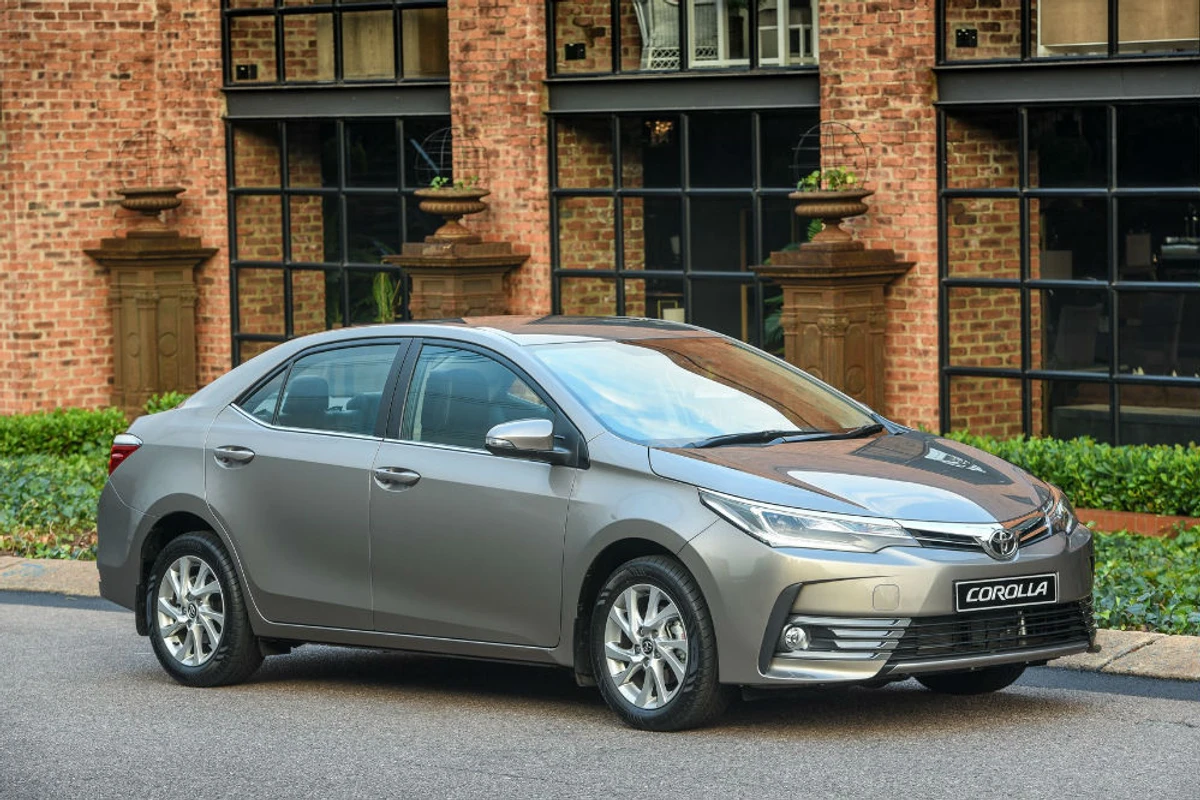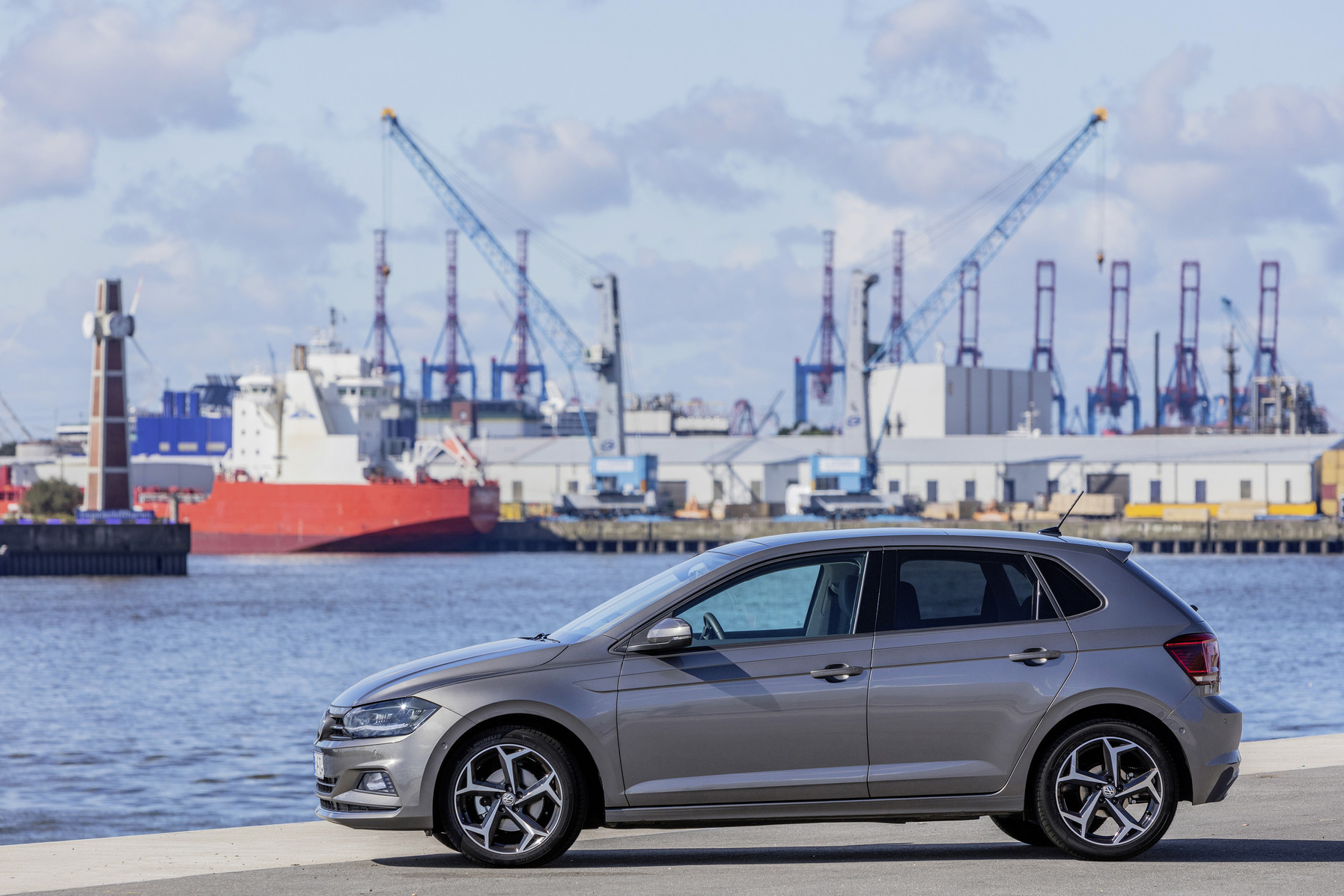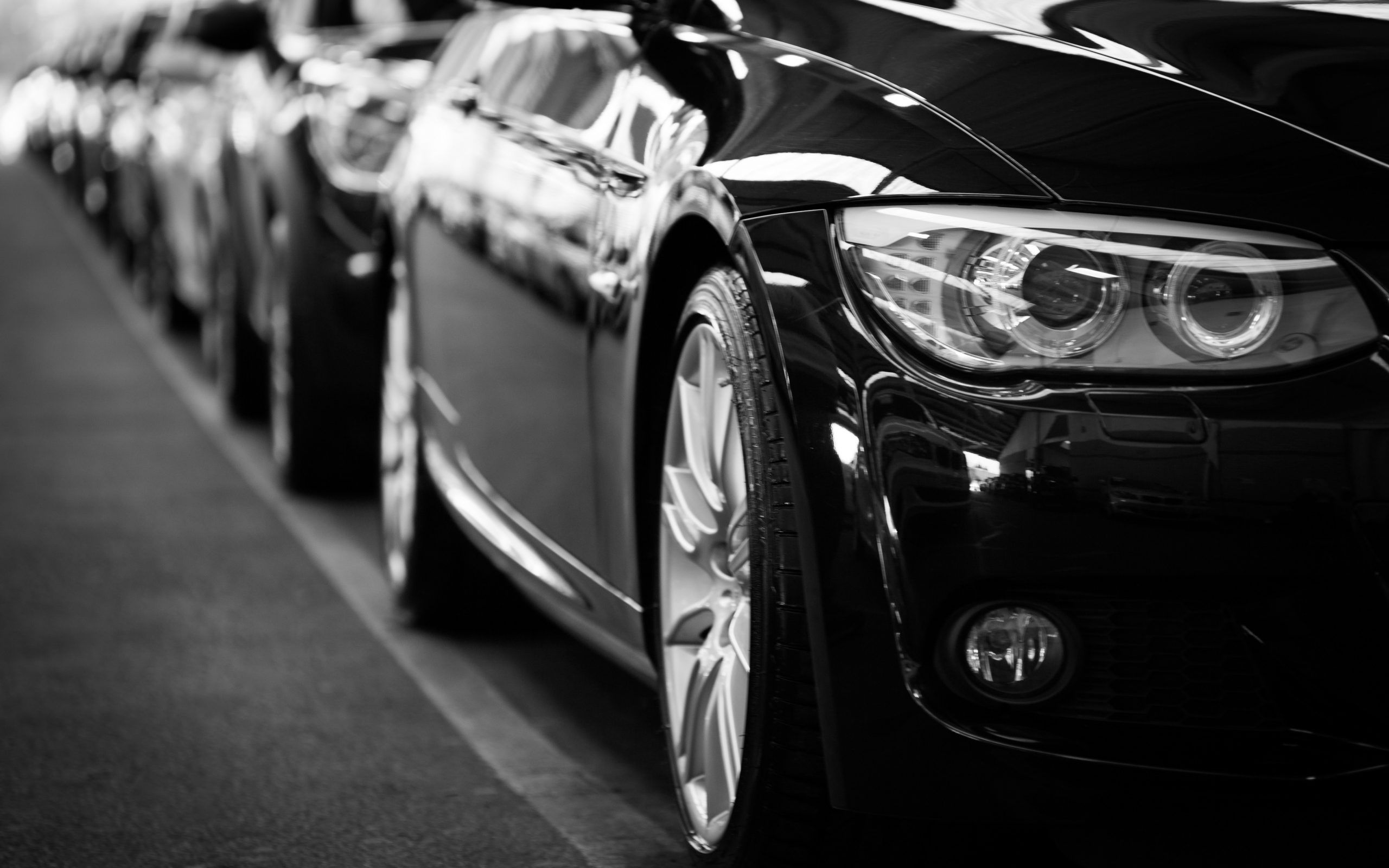When it comes to choosing a used car in the South African market, the debate between Japanese and German vehicles is a heated one. Both have their loyal followers, and each brings unique strengths to the table. But when you’re spending your hard-earned Rands, which offers the better value? Let’s dive into the comparison, considering factors such as reliability, maintenance costs, performance, and resale value, with a few examples thrown in to help you make an informed decision.

Reliability: Japanese durability vs. German engineering
One of the key considerations when buying a used car is reliability. In this category, Japanese cars have earned a sterling reputation. Take the Toyota Corolla, for example. Known for its bulletproof reliability, this car is a favourite among South African buyers. It’s not uncommon to find models that have clocked over 200,000 kilometres and are still running smoothly. Another solid contender is the Honda CR-V, which offers a dependable and trouble-free driving experience.
German cars, such as the BMW 3 Series or Volkswagen Passat and Jetta, are also reliable, but with a caveat – they require regular, often more expensive maintenance. These cars are packed with advanced technology, which, while enhancing performance, can lead to more things going wrong over time. If the previous owner didn’t keep up with maintenance, you might find yourself with a costly repair bill.
In short, if you’re looking for a used car that will keep going with minimal fuss, Japanese cars generally offer more peace of mind.
Maintenance costs: The true cost of ownership
When it comes to maintaining a used car, Japanese vehicles generally have the edge. For example, parts for a Toyota Yaris or a Nissan Almera are affordable and widely available in South Africa. Routine services, like oil changes and brake replacements, are typically cheaper for these models, making them a more economical choice for budget-conscious buyers.
On the other hand, owning a used Mercedes-Benz C-Class or Audi A4 can be a different story. These German vehicles are known for their sophisticated engineering, but that also means higher maintenance costs. A simple part replacement or service can quickly become expensive, particularly if you need to source parts from overseas. Furthermore, many mechanics charge a premium for working on German brands due to their complexity.
For South African buyers who want to keep running costs low, Japanese cars like the Honda Jazz are a strong contender in the “Rand for Rand” debate.

Performance: German power vs. Japanese practicality
Performance is one area where German cars often outshine their Japanese counterparts. If you’re looking for a used car that offers a thrilling driving experience, a BMW 320i or an Audi A4 is hard to beat. The precision engineering of these vehicles results in cars that are responsive, powerful, and built for performance. Whether it’s the smooth handling of a Volkswagen Golf GTI or the turbocharged power of a Mercedes-Benz CLA, German cars deliver an engaging ride that appeals to driving enthusiasts.
Japanese cars, while reliable and practical, don’t always offer the same level of performance. That’s not to say they lack power, but their focus tends to be more on efficiency and everyday usability. For instance, the Toyota RAV4 or Honda Civic will get you from point A to point B with minimal fuss, but they won’t provide the same thrill as a German sports sedan.
For South African drivers who prioritise performance and driving dynamics, German cars like the BMW 135i may be worth the extra investment. However, it’s essential to balance this with the potential for higher maintenance costs down the road.
Resale value: Which holds its value better?
In the used car market, resale value is a critical factor to consider. Japanese cars generally hold their value well, thanks to their reputation for reliability and low running costs. For instance, a used Toyota Hilux is likely to fetch a good price even after several years of use, and the same can be said for the Mazda CX-5, which has become a favourite in the compact SUV segment.
German cars can also retain their value, but this is often dependent on the brand and model. Luxury vehicles like the Mercedes-Benz E-Class may depreciate more rapidly, especially if they come with high maintenance costs. However, models with a strong performance pedigree, like the Volkswagen Polo GTI, can maintain their value well over time.
If you’re looking for a used car that will give you a good return on your investment, Japanese cars tend to be the safer bet, particularly for budget-conscious South Africans.
Fuel efficiency: Saving at the pump
Fuel efficiency is another area where Japanese cars often come out on top. With rising fuel prices in South Africa, many buyers are prioritising vehicles that offer good mileage. Japanese automakers have long focused on producing fuel-efficient cars, with models like the Toyota Prius and Honda Fit leading the way in economical driving. Even conventional models like the Suzuki Swift and Nissan Micra are known for their frugal fuel consumption.
German cars, while often more powerful, can be thirstier at the pump. For example, the Audi Q5 or BMW X5 may offer impressive performance, but their fuel efficiency isn’t as strong as a Toyota Fortuner or Honda CR-V. However, recent advancements in engine technology have improved the fuel efficiency of many German vehicles, particularly in diesel models like the Volkswagen Polo TDI.
When comparing like-for-like, Japanese cars tend to have the edge in fuel economy, which can translate into significant savings over the life of the vehicle.

Which is better, Rand for Rand?
So, which is the better choice for South African buyers – Japanese or German used cars? The answer depends on your priorities.
- If you value reliability, low maintenance costs, and fuel efficiency, Japanese cars like the Toyota Corolla and Honda CR-V are the clear winners. They offer excellent value for money, especially in a market where keeping costs down is crucial.
- If you’re after performance, driving pleasure, and are willing to pay a bit more for upkeep, a German car like the BMW 3 Series or Audi A4 might be more to your liking. They offer a premium experience that’s hard to match, but it comes with a higher price tag.
Ultimately, the best used car for you will depend on your individual needs and budget. Whether you opt for Japanese practicality or German engineering, doing your research and getting a thorough pre-purchase inspection can ensure that you make a sound investment, Rand for Rand. Read more used car buying advice for better-informed decisions.


